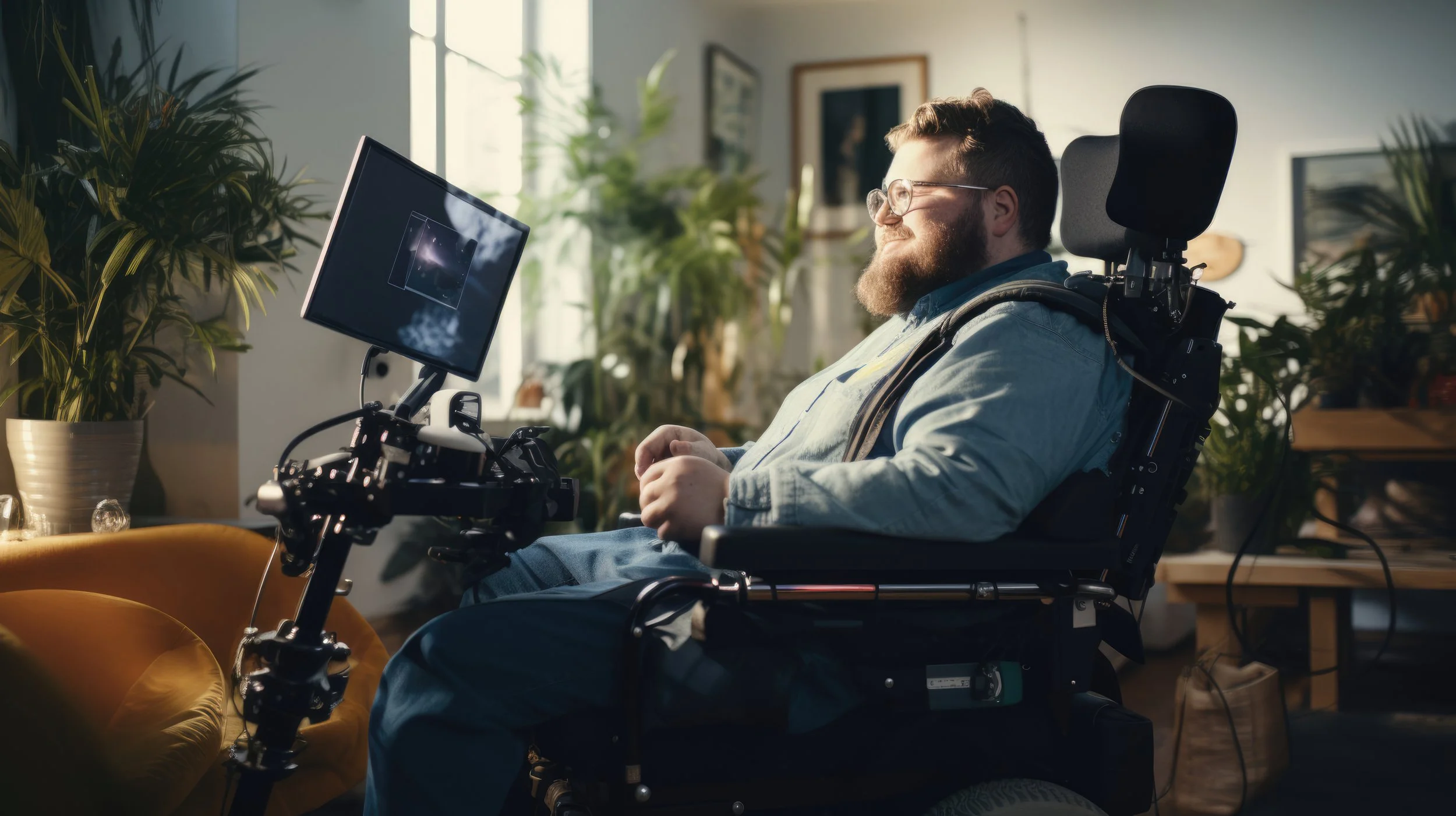
Illuminating Your Rehabilitation Journey, One Word at a Time.
our SERVICES
-
The following are common symptoms of what your speech might sound like and what we target through a comprehensive, 12 week program and workbook that will be provided:
Speech that is difficult to understand (e.g., slurred, mumbled)
Slowed rate of speech
Short rushes/bursts of speech
Soft sounding voice
Abnormal voice quality (e.g., hoarse, breathy, strained)
Monotone sounding voice
-
Swallowing problems may be a result from a variety of neurological impairments including stroke, head and neck cancer, brain injury, and neurodegenerative diseases such as Parkinson’s disease, dementia, and ALS. Here are common symptoms:
Coughing during or right after meals
Food or liquid remaining in the mouth after meals
Poor lip closure
Frequent drooling
Complaints of food "sticking"
Complaints of pain when swallowing
Wet or 'gurgly' sounding voice during or after meals
Difficulty coordinating breathing and swallowing
Recurrent pneumonia
Extra effort/time needed to chew
Changes in eating habits—specifically, avoidance of certain foods/drinks
-
After a stroke or traumatic brain injury, a person may experience the following symptoms:
Slow or fast rate of speech
Substituting, distorting, or deleting speech sounds in words
Difficulty imitating sounds
Monopitch sounding speech
Difficulty with movement of the tongue, lips, or jaw
Short rushes of speech
Speaking in short phrases due to difficulty breathing
Reduced loudness
Abnormal voice quality (e.g. rough, breathy, strained, harsh, hoarse)
-
We are proud to assist children with any of the following communication challenges and provide additional support with the use of AAC communication devices for functional communication:
Social (Pragmatic) language disorder
Receptive language disorder
Expressive language disorder
Developmental language disorder
Articulation disorders
Specific language impairment
“Impossible is for the unwilling.”
— JOHN KEATS





